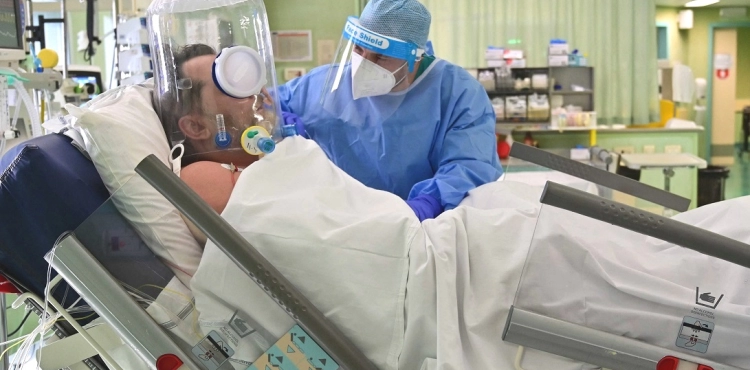The World Health Organization announced, on Wednesday, major international trials of three drugs to see if they are able to improve the condition of Covid-19 patients in hospitals.
Artesunate, imatinib and infliximab will be tested on thousands of volunteer patients in more than 600 hospitals in 52 countries.
"Finding more effective and accessible treatments for COVID-19 patients remains an urgent need," said WHO Director-General Tedros Adhanom Ghebreyesus.
Artesunate is a treatment for severe malaria, imatinib is used for some types of cancer, and infliximab treats immune system disorders such as rheumatoid arthritis and Crohn´s disease.
The World Health Organization reports that coordinated research across dozens of countries allows the trial to evaluate multiple treatments using a single protocol, and thus provides robust estimates of the effect a drug might have on mortality, including moderate effects.
The drugs were selected by an independent expert panel due to their ability to reduce the risk of death in hospitalized Covid patients.
The drugs were submitted by the manufacturers for the trial and they are currently being shipped to the respective hospitals.
Testing the three drugs on Covid-19 patients is the second phase of the World Health Organization´s "Solidarity" campaign to obtain effective treatments for the deadly disease.
Previously, four drugs were evaluated through the campaign on nearly 13,000 patients in 500 hospitals in 30 countries.
Preliminary results, issued in October of last year, showed that “Remdesivir”, “Hydroxychloroquine”, “lopinavir” and “interferon” had little or no effect on hospitalized patients infected with the virus.
Final results are due next month.
“We already have many avenues to prevent, test and treat COVID-19, including oxygen, dexamethasone and IL-6 blockers, but we need more for patients of all clinical spectrum from mild to severe,” Ghebreyesus said.
The virus has killed at least 4.3 million people since it appeared in China in December 2019, while nearly 204 million cases have been recorded.
Ghebreyesus expressed his regret that 200 million infections were reached only six months after the 100 million cases were reached, noting that the real number of cases is "much higher."
“Whether we reach 300 million, and how quickly we reach that number depends on all of us,” he said.
"On the current trajectory, we can cross the 300 million reported cases early next year, but we can change that, we´re all in this together, but the world isn´t behaving like that," he added.
The World Health Organization has consistently decried the great disparity between rich and poor countries in obtaining vaccines.












